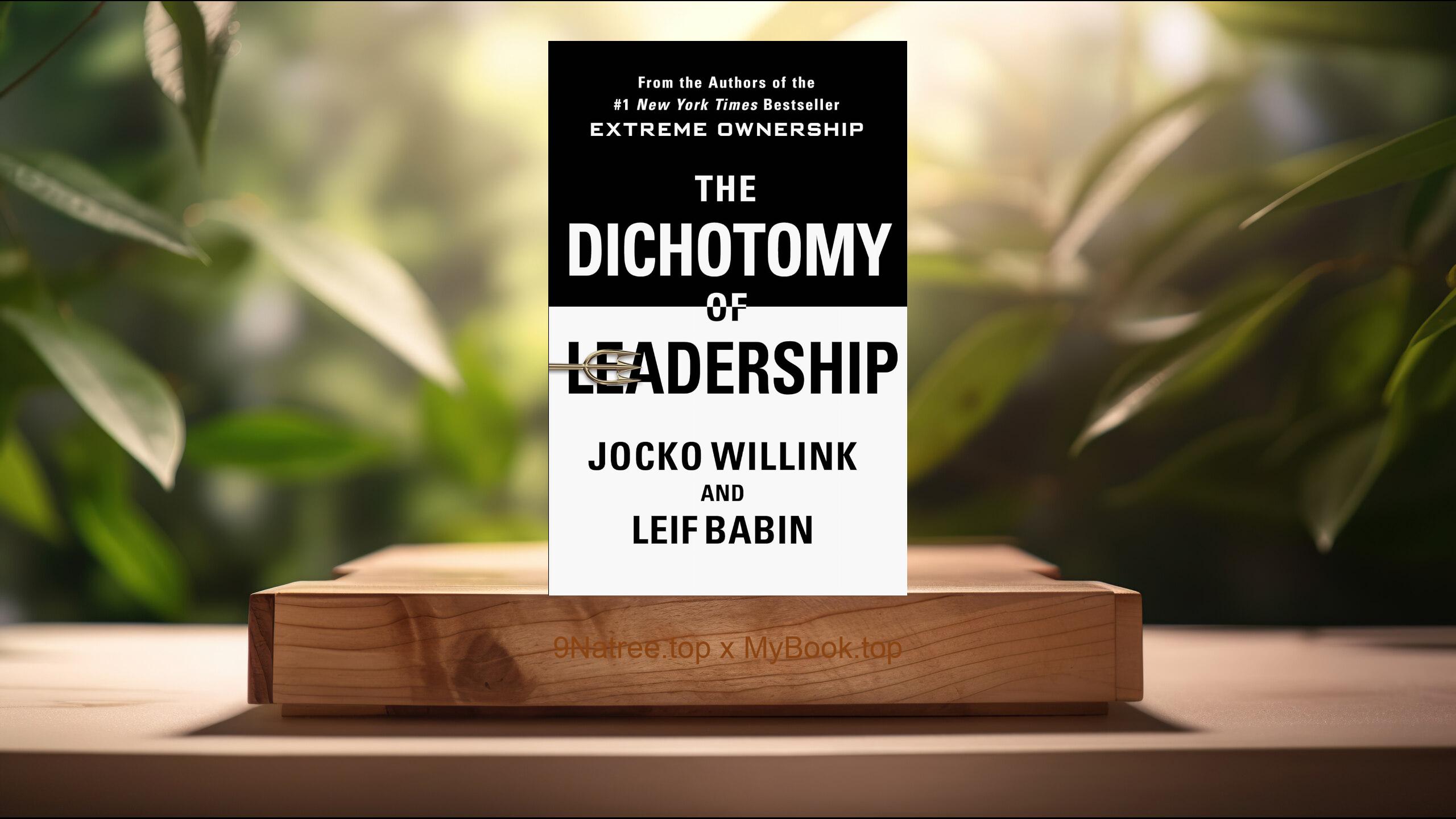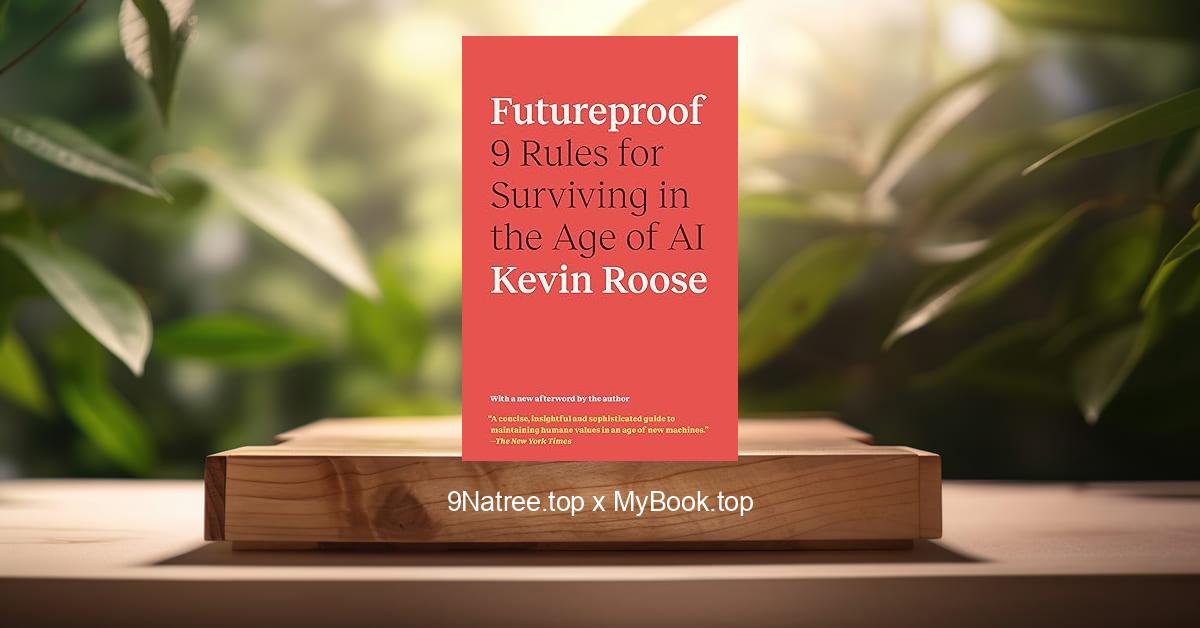Show Notes
- Amazon USA Store: https://www.amazon.com/dp/B09J4RCP3W?tag=9natree-20
- Amazon Worldwide Store: https://global.buys.trade/Maggie-Moves-On-Lucy-Score.html
- Apple Books: https://books.apple.com/us/audiobook/maggie-moves-on/id1596485451?itsct=books_box_link&itscg=30200&ls=1&at=1001l3bAw&ct=9natree
- eBay: https://www.ebay.com/sch/i.html?_nkw=Maggie+Moves+On+Lucy+Score+&mkcid=1&mkrid=711-53200-19255-0&siteid=0&campid=5339060787&customid=9natree&toolid=10001&mkevt=1
- Read more: https://mybook.top/read/B09J4RCP3W/
#contemporaryromance #homerenovation #selfdiscovery #community #relationships #MaggieMovesOn
These are takeaways from this book.
Firstly, Maggie's Journey of Self-Discovery, The journey of self-discovery is at the heart of Maggie Moves On, as the protagonist, Maggie, navigates her life and career as a successful YouTuber and home renovator. Maggie is accustomed to a life of constant movement, both figuratively and literally. Her job requires her to travel to different towns, take on new renovation projects, and then move on to the next one once it's complete. This lifestyle, while thrilling, leaves little room for roots or deep personal connections. Throughout the novel, Lucy Score masterfully crafts Maggie's transition from a figure of solitude into someone who begins to question her long-standing ways. As Maggie plunges into the renovation of an old Victorian house, she finds herself unexpectedly drawn to the small town and its inhabitants. The novel explores Maggie's internal conflict as she weighs her love for independence against a budding desire for permanence and community. This theme resonates with many readers who grapple with the balance between career ambitions and personal fulfillment. As Maggie gets to know the locals, including the charismatic landscaper, Silas, she begins to reassess what truly brings her happiness. This journey is not just about finding love but also about redefining what 'home' means to her. Self-discovery, as presented in the novel, involves embracing vulnerability, confronting fears, and ultimately reaching a point where Maggie must decide whether to continue her transient lifestyle or anchor down and build lasting relationships. Through Maggie’s eyes, readers see that self-discovery is an ongoing process and sometimes, you find pieces of yourself in the most unexpected places.
Secondly, The Joys and Challenges of Restoration Projects, Restoration projects serve as both a literal and metaphorical backdrop in Maggie Moves On. As Maggie immerses herself in the renovation of a historic Victorian house, the process becomes a significant element of the narrative, reflecting themes of transformation and renewal. The book highlights the joys and challenges associated with restoring an old property, mirroring Maggie's personal journey of rebuilding her life. Each step of the restoration process, from the initial assessment to the final touches, parallels Maggie's own path of self-exploration and emotional growth. Lucy Score adeptly illustrates the intricate details involved in such projects, capturing both the thrill of breathing new life into old, neglected spaces and the frustrations that come with unexpected setbacks and complications. Readers are taken through the meticulous efforts required to preserve the architectural integrity of the house while incorporating modern updates that suit contemporary living. The novel also shines a light on the importance of teamwork and trust in achieving successful restorations, as Maggie collaborates with a crew of skilled professionals and local craftsmen who bring their expertise and passion to the project. The camaraderie and shared vision among the team members foster a sense of community and connection, which Maggie initially resists but gradually comes to embrace. Through the lens of renovation, Maggie Moves On highlights themes of resilience and adaptability, illustrating how the process of restoring a dilapidated house echoes the protagonist's journey of reclaiming fragmented parts of her own identity. The unfolding transformation serves as a reminder that, much like the houses Maggie restores, people's lives can be reimagined and revitalized through effort, empathy, and the willingness to embrace change.
Thirdly, Building Romantic Relationships, Central to Maggie Moves On is the exploration of romantic relationships and the complexities they entail. Maggie's journey is interwoven with her burgeoning relationship with Silas, the charming and persistent landscaper who challenges her notions of independence and keeps her on her toes. Initially, Maggie is wary of forming romantic attachments, sticking to her ethos of moving on once a project is finished. However, Silas's endearing persistence and genuine interest in getting to know her beyond the superficial layers compel Maggie to reconsider her stance on romance. Lucy Score paints a vivid picture of how love can be both unsettling and exciting, filled with uncertainties but also profound possibilities for personal growth. The dynamic between Maggie and Silas is a delightful dance, filled with witty banter and genuine chemistry that keeps readers engaged. Silas serves as a catalyst for Maggie's emotional awakening, encouraging her to open up and face her fears of vulnerability and commitment. The narrative delves into the intricacies of forming real connections, emphasizing the importance of communication, trust, and compromise in nurturing a successful relationship. Through Maggie and Silas's journey, the novel explores the idea that love doesn't always unfold according to a set plan, and sometimes, the best relationships are those that catch us by surprise. As Maggie learns to let her guard down and embrace her feelings, readers are reminded of the beauty and messiness of love, as well as the transformative power it holds in our lives. Maggie Moves On presents a refreshing take on romance, eschewing clichéd tropes for a more nuanced depiction of the challenges and rewards of building authentic connections.
Fourthly, Community and Connection, The theme of community and connection is pivotal to Maggie Moves On, underscoring the role that relationships with others play in shaping our identities and influencing our choices. Moving into a small town to work on her latest renovation project, Maggie initially maintains her emotional distance from the locals, adhering to her usual pattern of transient engagements. Yet, the close-knit community gradually begins to break down her defenses, gently challenging her to engage more deeply with those around her. Lucy Score vividly portrays how community involvement can enrich our lives, offering us a sense of belonging and purpose. As Maggie becomes increasingly involved with the townspeople, from participating in town events to forging friendships with her coworkers, she discovers the joys of being part of a community. The connections she forms with the locals become instrumental to her personal growth, helping her to realize that true fulfillment often comes from the relationships we nurture and the ways in which we contribute to the lives of others. The novel also explores the idea that community is not just defined by geography but also by shared experiences and mutual support. Through Maggie's interactions with her new-found friends, readers witness the transformative power of human connection and the strength it provides in times of uncertainty and change. Maggie Moves On beautifully illustrates that even the most independent individuals need the support and camaraderie of others to truly thrive, highlighting the importance of allowing ourselves to be part of something greater. Embracing community does not diminish our independence; rather, it enhances our ability to face life's challenges with resilience and grace.
Lastly, The Concept of Home, In Maggie Moves On, the concept of home is a central theme that evolves throughout the story. For Maggie, the idea of home has always been tied to her work; with each renovation project, she temporarily transforms a property into a home for its future residents before moving on to her next endeavor. This transient lifestyle has left Maggie to perceive home as a fleeting concept rather than a place of permanence or belonging. Lucy Score explores the multifaceted definition of home, challenging both Maggie and readers to reassess what it means to feel truly 'at home.' Throughout the novel, Maggie's perspective on home begins to shift as she becomes more intertwined with the small town and its people. Her interactions with Silas, her growing friendships, and her investment in the community force her to reevaluate her understanding of home beyond physical spaces. Through these relationships, Maggie learns that home can be a state of mind, defined by the people we care about and the connections we foster. The Victorian house she is renovating serves as a symbolic representation of her internal journey, with its transformation paralleling Maggie's own evolving relationship with the concept of home. As Maggie navigates this journey, she comes to realize that a true home is built on love, acceptance, and connection, rather than just bricks and mortar. Maggie Moves On invites readers to consider their own definitions of home and to reflect on the importance of community and relationships in creating spaces where we can truly belong. By redefining what home means to her, Maggie finds a sense of fulfillment and identity, ultimately choosing to embrace a more rooted existence.
![[Review] Maggie Moves On (Lucy Score) Summarized](https://episodes.castos.com/660078c6833215-59505987/images/2037526/c1a-085k3-gp3p5m2giw1g-hmczjo.jpg)




